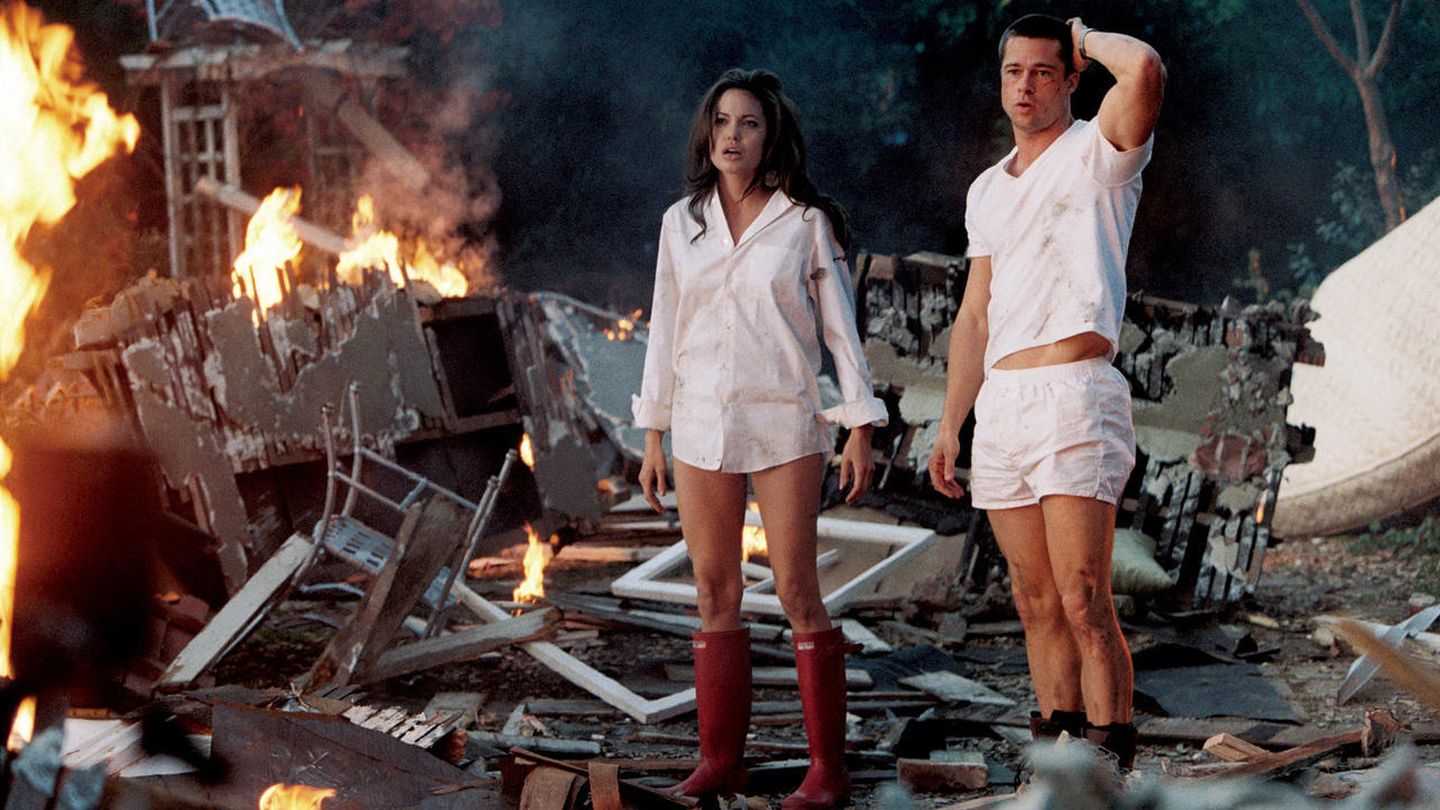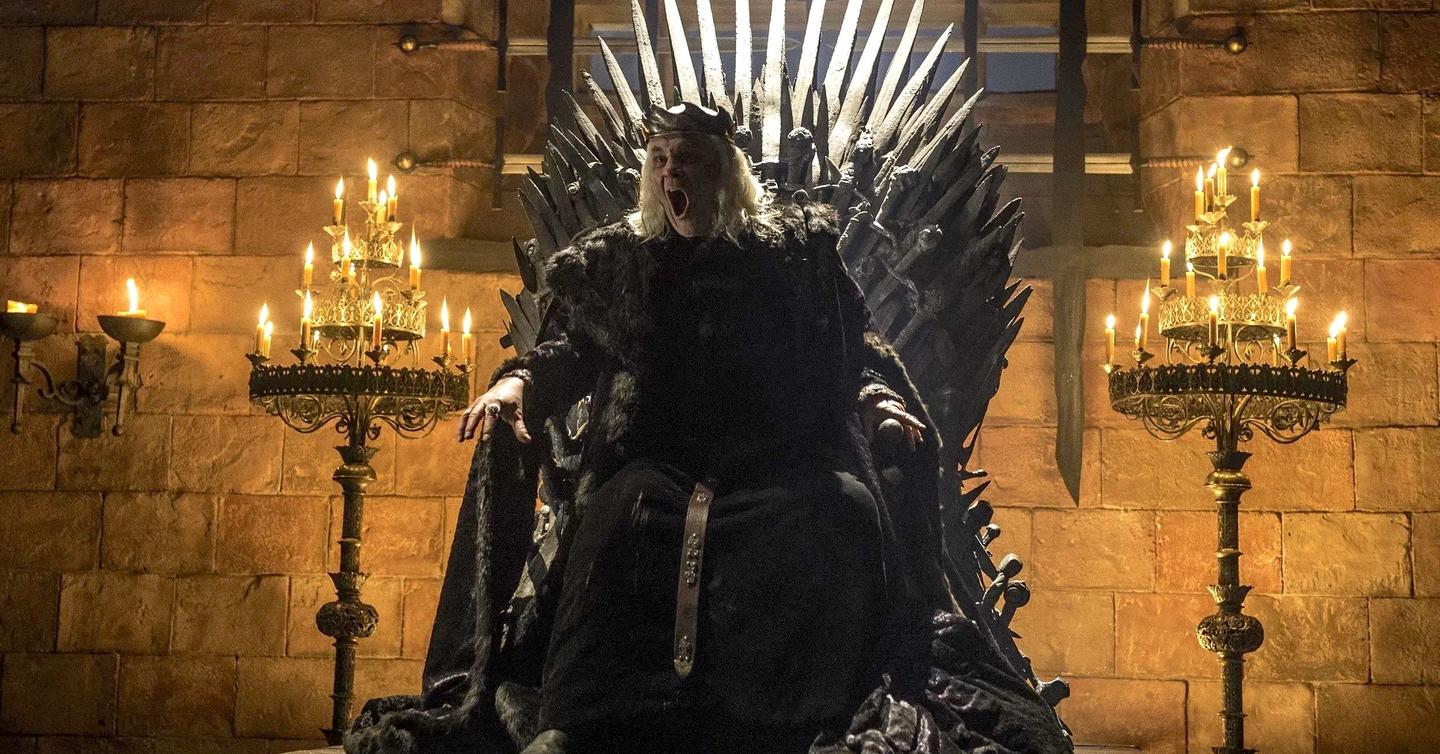
What Makes A Good TV Show Finale: Lessons From Game Of Thrones
The Art of Breaking Up: What Makes a Satisfying TV Show Finale?
When it comes to the final episode of a beloved TV show, the stakes are always high. The fate of characters we’ve grown attached to hangs in the balance, and the outcome can be either cathartic or crushing. As fans, we’ve witnessed our fair share of epic finales over the years – some that left us breathless, others that left us feeling bereft.
Take Game of Thrones, for example. The show’s final season was a perfect storm of controversy and critical acclaim. While it won’t be everyone’s cup of tea, it served as a reminder that even the most iconic shows can take risks and push boundaries to deliver a satisfying conclusion.
One of the most significant challenges in crafting a good TV show finale is pacing itself. A well-balanced episode should expertly weave together storylines, character arcs, and emotional payoffs to create an experience that feels both complete and satisfying. In Game of Thrones, this was achieved through the strategic deployment of cliffhangers, plot twists, and emotionally charged moments – all designed to keep viewers on the edge of their seats until the very end.
But it’s not just about creating an exciting narrative; a good finale should also provide closure for its characters. When done well, these moments can be both poignant and empowering, leaving audiences with a lasting impression of the show’s world and its inhabitants. In Westworld, this was particularly evident in the series’ penultimate episode, where Dolores Abernathy’s (Evan Rachel Wood) transformation from slave to revolutionary served as a powerful commentary on the nature of artificial intelligence and humanity.
Of course, not all TV shows are as fortunate when it comes to crafting satisfying finales. Shows that rely too heavily on nostalgia or convenience can fall flat, leaving viewers feeling shortchanged or frustrated. In the case of Veronica Mars (2004-2007), 2019’s revival series did an admirable job of recapturing the spirit of the original, but its finale felt somewhat rushed and inconclusive – a frustrating end to a story that promised so much more.
So what makes a good TV show finale? At its core, it comes down to delivering on promises. If a show has set up complex characters and compelling storylines throughout its run, there’s an expectation for a satisfying payoff in the final episode. But this can also be a double-edged sword – if a finale is too perfect, it can feel manufactured or contrived, undermining the show’s authenticity.
To get it right, writers need to strike a balance between setting up an epic conclusion and respecting the audience’s emotional investment. Take The Sopranos (1999-2007), for example. The infamous “blackout” finale was intentionally enigmatic, leaving viewers wondering what had happened to Tony Soprano. While this approach may have sparked debate and discussion among fans, it also left some feeling frustrated or unsatisfied.
Ultimately, the art of breaking up is a delicate one – a careful balancing act between delivering an emotionally resonant conclusion and respecting the audience’s expectations. TV shows that nail it are often rewarded with devoted fan bases and lasting cultural impact. Those that fall short, on the other hand, may leave viewers feeling disappointed or disenchanted.
As we look back on some of our favorite TV finales – and occasionally ponder what could have been – it’s clear that there’s no one-size-fits-all approach to crafting an unforgettable conclusion. Instead, it comes down to creating a narrative that feels both true to the show’s spirit and authentic to its characters. When done well, these moments can be nothing short of transcendent – leaving audiences with memories they’ll cherish for years to come.
For longtime fans like us, revisiting our favorite TV shows is often a nostalgic exercise – a chance to relive fond memories and reflect on how far we’ve come as individuals. But even the most devoted enthusiasts may find themselves questioning what could have been if only the show had gotten its finale right. Perhaps that’s the greatest power of television: it allows us to live vicariously through our characters, to laugh with them, cry with them, and ultimately – break up with them – in a way that feels both inevitable and cathartic.
In the world of TV, finales are often seen as the culmination of years of storytelling. However, this narrative can be quite nuanced; sometimes we get something satisfying, while other times the finale just doesn’t meet our expectations. Despite the challenges involved, crafting an unforgettable conclusion remains one of television’s greatest creative challenges – and its most enduring triumphs can leave us in awe for years to come.









